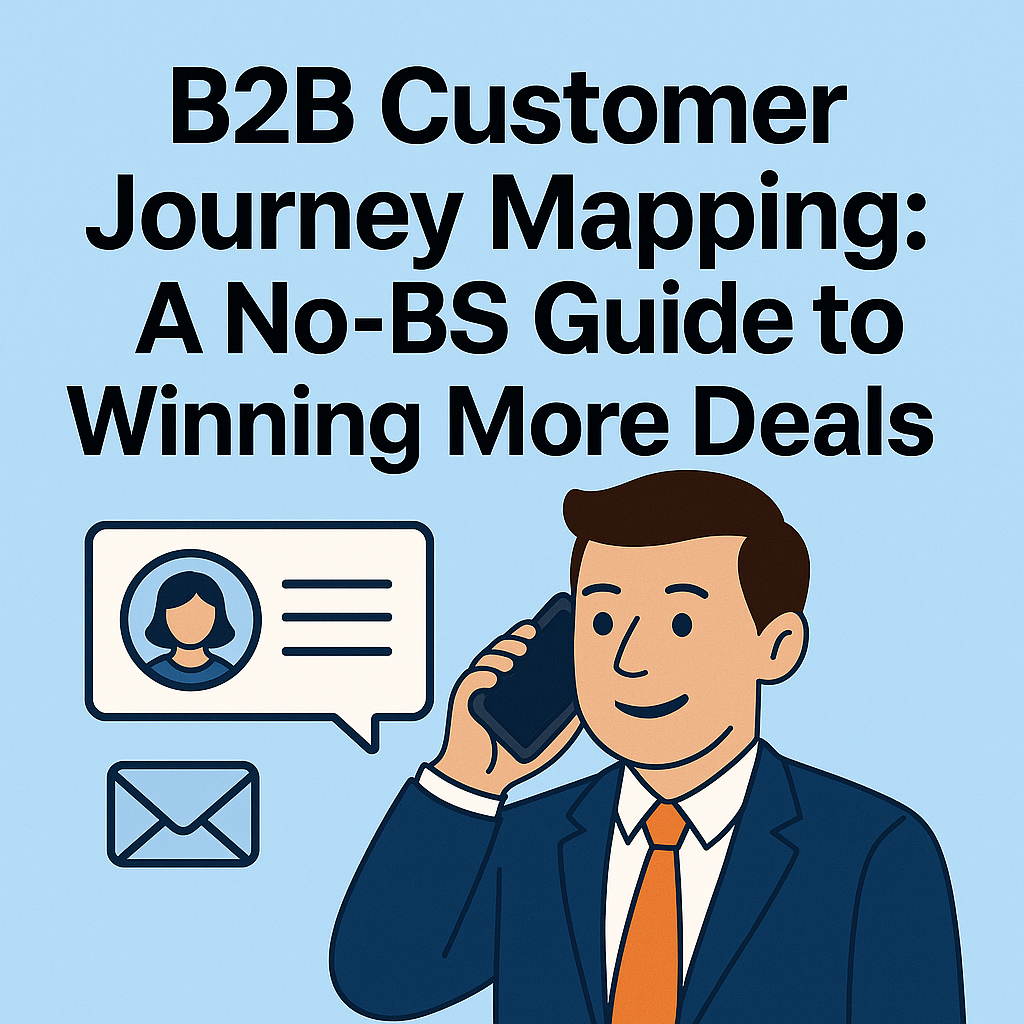13 Intent Signals to Find High-Intent Leads (Without Cold Outreach)

Tired of sending cold messages into the void? We’ve been there.
In this article, you’ll learn how to find high-intent B2B leads using 13 specific buying signals, no scraping, no mass emails. These are the exact triggers we used to book 300+ demos in just 45 days.
Whether you’re a founder, SDR, or marketer, you’ll walk away knowing exactly how to spot leads who are already looking for a solution like yours.
Watch the full video breakdown below or dive into the written guide 👇
Why Cold Outreach Alone Doesn’t Cut It Anymore
The old spray-and-pray playbook is broken.
Today’s prospects are overwhelmed. They don’t want your templated message. They want relevance.
And here’s the good news: people leave traces all over the internet when they’re actually in buying mode.
That’s where intent signals come in.
1. Keyword Interactions (LinkedIn, Reddit, Twitter)
When someone interacts with content mentioning strategic keywords like “AI SDR,” “sales automation,” or “lead gen tool,” that’s a sign.
You can track:
- Likes or comments on specific keywords
- Posts that mention competitors or categories
- Hashtags like #B2Bleadgen or #SalesEnablement
Pro tip: Don’t engage just because they liked a post. Qualify ICP fit first.
2. Post Engagement (Likes & Comments)
Engagement = attention.
If your ICP comments on a post like “What’s your biggest outbound pain right now?”, it means they’re active and thinking about your space.
Example: A Head of Sales comments on a post about CRM sync issues? That’s your in.
3. Event RSVPs (Zoom, LinkedIn Events, etc.)
People sign up for webinars and virtual conferences because they care.
Monitor:
- Industry webinars
- Competitor events
- Niche roundtables
If your ICP joins, reach out 24–48h later. Reference the event.
4. Competitor Engagement
When someone likes, follows, or comments on your competitor’s posts, they’re evaluating options.
No need to be pushy. Just show up and say:
“Hey, noticed you engaged with [competitor]. Curious what caught your eye?”
It opens the door.
5. Funding Announcements
A company that just raised funds is:
- Hiring fast
- Building fast
- Spending fast
Use tools like Crunchbase, Dealroom, or Google Alerts to spot rounds early.
Bonus: Look at the investor portfolio. If they backed 4 martech tools, their startups probably need pipeline.
6. Job Title Changes
New role = new priorities.
When someone just became Head of Growth, they’re:
- Restructuring tools
- Looking for wins
- Open to ideas
Reach out within 30 days of the role change.
7. Job Postings (esp. SDR & AE roles)
If a company posts 3–5 outbound roles in a week, they’re scaling sales.
Track job boards and filter by:
- SDR, AE, BDR
- Remote vs. geo-targeted
- Tools they mention in the job description
This is how we closed a $72k deal with a fintech—just by watching their job board.
8. Negative Reviews on Competitors
Unhappy customers complain… publicly.
Look for:
- G2 negative reviews
- Twitter rants
- Reddit threads like r/sales or r/martech
Step in not as a closer, but as a helpful voice.
9. Product Launches & Tech Stack News
New launches signal movement.
When a startup launches on Product Hunt or announces a new integration, it’s a good time to:
- Congratulate
- Ask about their stack
- Offer help navigating growth pains
10. Slack & Discord Community Engagement
Smaller but warmer.
People asking for tool recommendations in niche Slack groups (like RevGenius or TrafficThinkTank) are actively searching.
Be present. Don’t pitch, just contribute.
11. Tech Stack Changes
See a company move from HubSpot to Salesforce?
That’s pain + transition = opportunity.
Use tools like BuiltWith, Wappalyzer, or public job specs to see stack shifts.
12. Media Mentions & PR
A company gets featured in TechCrunch? That’s leverage.
Send a short note:
“Saw the mention in TechCrunch, nice! Curious what that means for your GTM motion?”
It’s relevant and flattering.
13. Emerging Platforms (TikTok, Discord, etc.)
These aren’t just for Gen Z.
If a B2B player is suddenly active on TikTok or spinning up a Discord server, it shows innovation + growth mindset.
Keep a radar on unconventional signals too.
What to Do With These Signals (Action Plan)
- Pick 2–3 top signals that match your ICP.
- Set up monitoring tools (LinkedIn search, Slack communities, Google Alerts).
- Create simple ICP fit filters (industry, team size, tech stack).
- Personalize your outreach with context from the signal.
- Reach out within 48 hours for max impact.
Final Thoughts
We booked 300+ demos in 45 days using these exact signals.
No spam. No scraping. Just showing up where people already showed interest.
That’s the Gojiberry mindset !
Want to try it for yourself?
👉 Check out GojiberryAI – we track these signals automatically and turn them into warm leads, daily.
More High-Intent Leads = Your New Growth Engine.
Start Now and Get New High Intent Leads DeliveredStraight to Slack or Your Inbox.








.png)
